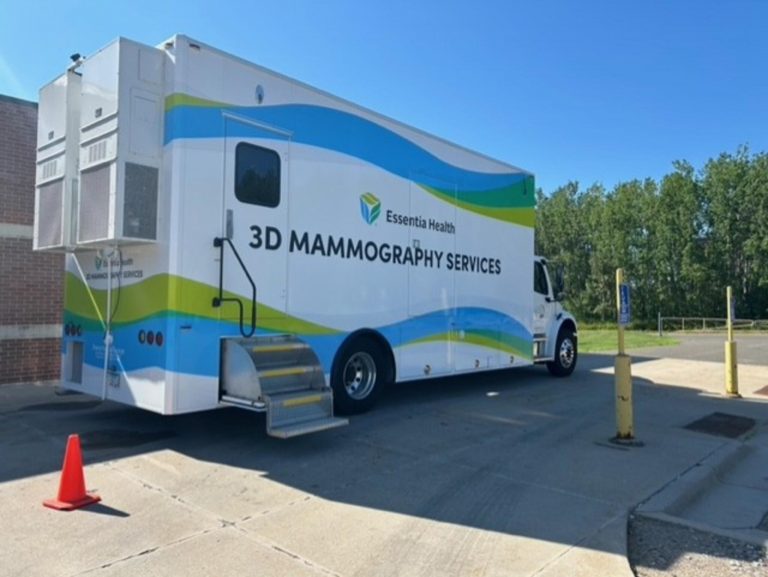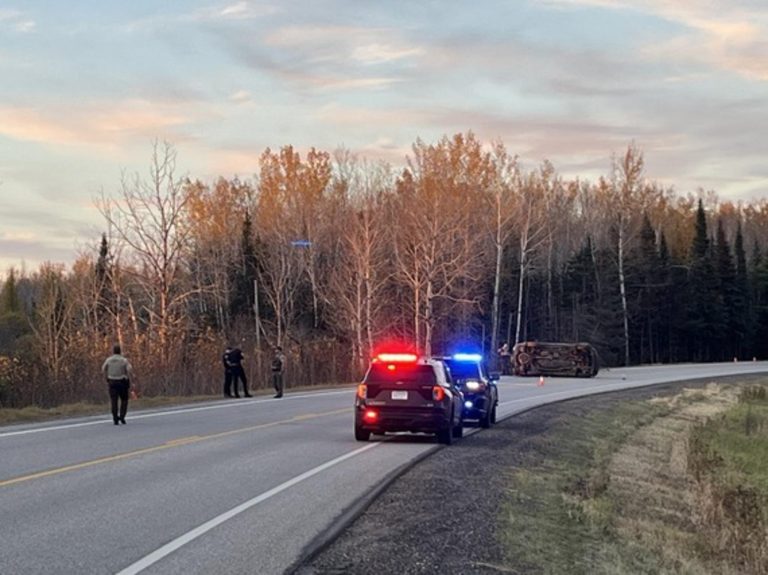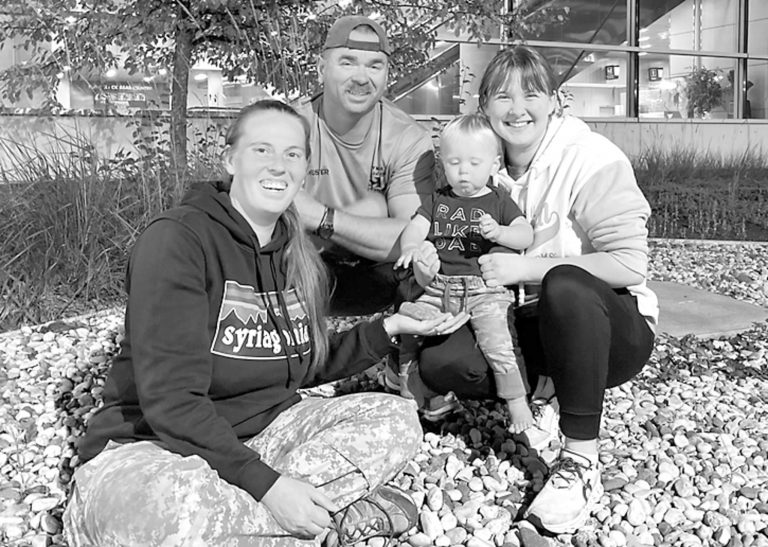Breast Cancer Awareness Month: Essentia Health’s mobile mammogram program brings screenings to rural communities

As Breast Cancer Awareness Month begins, Essentia Health is highlighting an innovative — and recently expanded — program that brings early breast cancer detection services to rural communities. Essentia’s mobile mammography trucks have added additional locations across the rural health leader’s footprint, from central North Dakota to western Wisconsin, bringing convenient mammography services to more patients. The program will reduce travel time and eliminate barriers for those seeking mammograms — a critical tool to catch initial signs of breast cancer.
“Providing a mobile mammography unit to our rural community is critical to ensuring accessible breast cancer screening for women,” said Melissa Hawk, a health care worker with the Bois Forte Band of Chippewa in northern Minnesota who helps coordinate annual scanning events with Essentia. “The nearest mammography facility is approximately one hour away, making it challenging for many to prioritize this essential health service. A mobile unit offers a convenient solution, allowing women to undergo annual screenings during breaks, encouraging consistent participation. This annual event is highly valued by the community and supports women in maintaining regular screenings, enhancing early detection and health outcomes.”
“Mammograms are critical for saving lives, so ensuring our patients can easily access these screenings is a top priority,” said Julie Singewald, vice president of radiology at Essentia.
Essentia will now offer mobile mammography in nearly 20 communities, including Aurora, Cloquet, Deer River, Deerwood, Sandstone and Staples in Minnesota, along with Hayward in Wisconsin.
The trucks will provide routine 3-D mammograms. For more information or to schedule an appointment, please contact your nearest Essentia clinic. Patients also can schedule an appointment through the MyChart patient portal.
By investing in mobile mammography services, Essentia is increasing early detection rates in rural communities, potentially leading to better health outcomes for patients in those areas.
“This is one of many examples of our commitment to providing and advancing rural health care,” said Singewald. “Offering this care directly to patients is something we are really proud of.”
Early detection is key
With the exception of skin cancers, breast cancer is the most common cancer among women in the United States, according to the American Cancer Society (ACS). By the end of 2025 , the ACS estimates that nearly 317,000 new cases of invasive breast cancer will be diagnosed and more than 42,000 women will die from the disease in the U.S.
Breast Cancer Awareness Month is a great reminder to prioritize breast health and consider scheduling a mammogram. Knowing that early detection is crucial, Essentia recommends women of average risk get a mammogram screening every year beginning at age 40. Between these appointments, it’s important to practice self-breast awareness, which is knowing how your breasts normally look and feel. See a provider if you’re experiencing any of the following:
· Changes in the size or shape of the breast.
· A painful or itchy nipple.
· Discharge from the nipple without squeezing.
· Swelling, redness, warmth or darkening of the breast.
· Lumps or thickening in the breast or underarm area.
· A change in skin texture.
· A changing of the nipple position or shape.
· New pain in one spot that does not go away.
The Essentia Health High-Risk Breast Cancer Program focuses on helping patients understand their risk for developing breast cancer. After a thorough history, examination and education session, the patient and Breast Health Program nurse practitioner partner to form a personalized plan of care.
Patients can lower their breast cancer risk by doing some of the following:
· Maintain a healthy weight.
· Exercise regularly.
· Limit alcohol intake.
· Limit hormone use.
· Breastfeed if possible.
· Avoid tobacco products.


